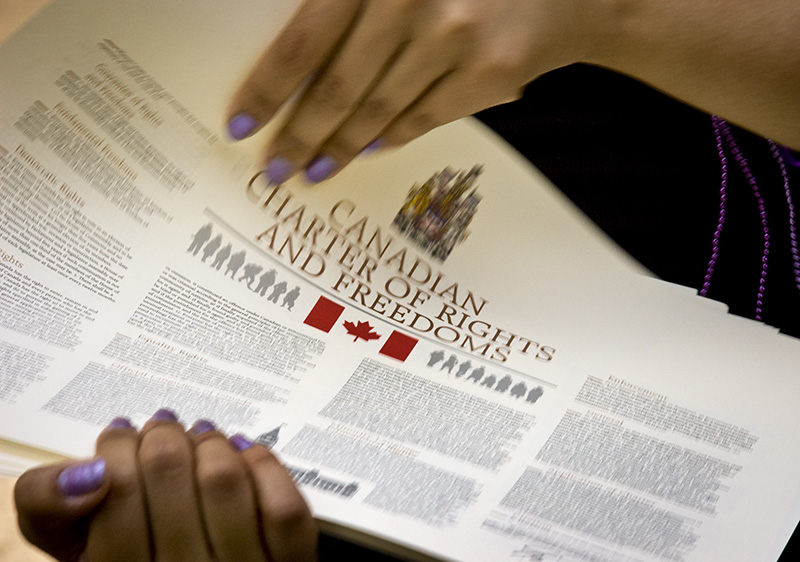The Canadian Charter of Rights and Freedoms plays a crucial role in Canada’s legal system by safeguarding the rights and freedoms of all Canadians, including their right to equality. This right is particularly significant in inclusive education, as it establishes the legal and moral duty to provide equal access to education for all students, including those with disabilities.
Inclusive education is supported by the Charter and the Canadian Human Rights Act, which protect individuals from discrimination in various areas, including education. These laws ensure that people with disabilities are not excluded from educational programs and receive equal protection. They also require reasonable accommodations to support the learning and development of students with disabilities. (Government of Canada, 2018). Section 15 of the Charter states that no one in Canada is treated differently because of race, religion, national or ethnic origin, color, sex, age, or mental or physical impairment. This fundamental concept of equality requires educational institutions to seek to meet their students’ different needs to promote an inclusive atmosphere in which every student has the opportunity to achieve. Furthermore, the Charter recognizes the legality of affirmative action programs, which aim to improve the lives of socially or economically disadvantaged people, including those impacting education(Department of Justice Canada, 2022; Government of Canada, 2018).
Furthermore, Canada has demonstrated its dedication to upholding the rights of people with disabilities globally by ratifying the UN Convention on the Rights of Persons with Disabilities in 2010. This commitment complements the Charter by outlining the necessary actions to ensure that individuals with disabilities have equal rights similar to others without disabilities(Government of Canada, 2018).
In conclusion, the Canadian Charter of Rights and Freedoms, along with other federal laws and international commitments, forms a strong legal framework that supports inclusive education by mandating equal treatment and non-discrimination, ensuring that all students, including those with disabilities, have access to education that respects their dignity and right to equality.
References
Department of Justice Canada. (2022). The Canadian Charter of Rights and Freedoms. Retrieved from https://www.justice.gc.caGovernment of Canada. (2018). Rights of people with disabilities. Retrieved from https://www.canada.ca

Leave a Reply